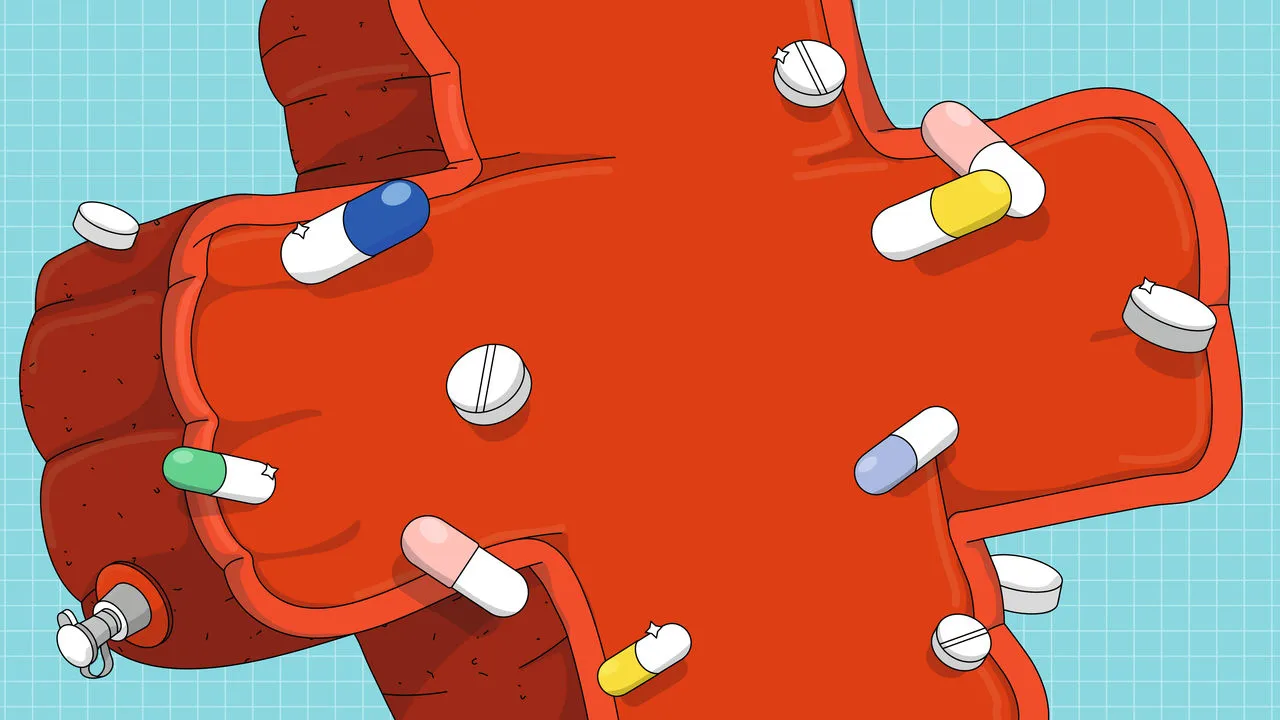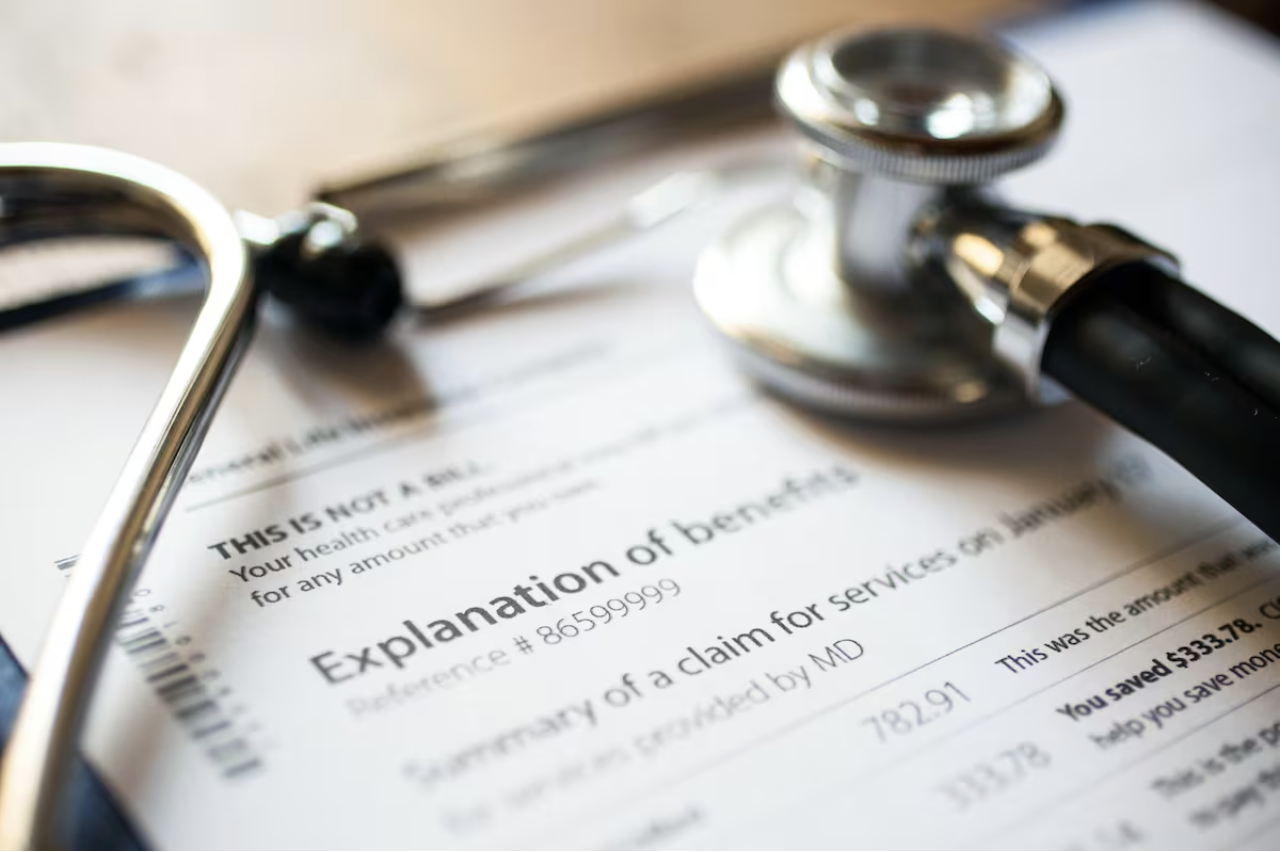Your dentist might be the first person to suspect you have sleep apnea, a medical condition that can increase your risk of heart disease and diabetes.
Snoring is one of the most common signs and symptoms of sleep apnea, but it’s not a universal one. Some people with obstructive sleep apnea (OSA) don’t snore—and some people, of course, live alone and don’t know if they snore. After all, most of us are unaware of what we do while we sleep.
Dentists, however, often notice signs of teeth grinding (worn down, cracked, chipped, or unexpectedly loose teeth) during routine dental appointments. And teeth grinding, research has revealed, is often linked to sleep apnea.
The link between grinding teeth and sleep apnea
According to research first presented in 2009, approximately 1 in 4 people with diagnosed obstructive sleep apnea (OSA) also suffer from nighttime teeth grinding (bruxism). Men with OSA were more likely to also have nighttime teeth grinding than women, and white people were more likely than individuals of other ethnic groups to have both conditions together.
Dentists, doctors, and scientists can’t fully explain why teething grinding and sleep apnea are linked, but they have a few theories. Anxiety and stress are common teeth grinding causes, and researchers know that sleep apnea can cause mood disturbances, including anxiety. So, it’s possible that sleep apnea, at least in some people, triggers anxiety, which in turn triggers teeth grinding.
Another theory suggests that teeth grinding is part of the body’s effort to rouse itself from low oxygen states caused by sleep apnea. This theory is supported by the fact that clinical sleep studies have noted patients grinding their teeth as they arouse from a breath pause during sleep. When researchers treated the patients’ sleep apnea with continuous positive airway pressure (CPAP), to regulate airflow and oxygen levels during sleep, the teeth grinding was virtually eliminated.
It’s important to note that sleep apnea and teeth grinding are not always connected. Many people who grind their teeth do not have sleep apnea, and many people with sleep apnea do not grind their teeth. However, the connection is strong enough that you should mention teeth grinding to your physician if you and your dentist notice signs of it. A complete medical workup for sleep apnea may be warranted.
Mouthguard for teeth grinding and sleep apnea?
You can purchase a mouthguard to stop teeth grinding either from your dentist or online. However, be careful: If you have diagnosed or undiagnosed sleep apnea, a mouthguard designed to prevent teeth grinding could make things worse. Some of these mouthguards hold the lower jaw back during the night, and if you have sleep apnea, that position will likely lead to increased breath pauses and low oxygen levels during the night.
Some specially made mouthguards may treat both teeth grinding and sleep apnea. These guards advance the lower jaw forward during sleep, which prevents collapse of the upper airway and keeps the upper and lower teeth from contacting each other. However, these mouthguards are best for mild cases of sleep apnea; they may not effectively treat severe cases.
Moderate to severe cases of sleep apnea and teeth grinding may benefit from CPAP treatment.
Your doctor and dentist will work with you to help you find an effective treatment option.
https://www.healthgrades.com/right-care/oral-health/teeth-grinding-may-signal-sleep-apnea




